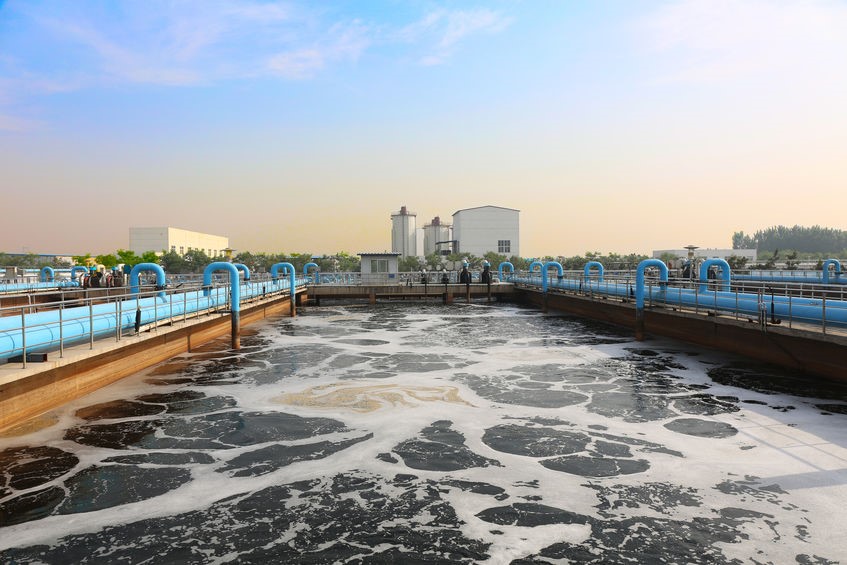The Difference Between Wastewater and Sewage

Wastewater and sewage are two different terms that are often used interchangeably, and incorrectly. They are often tossed around but are ill-defined and the meaning of both words are confused.
While both terms share plenty of similarities, there are enough differences to set them apart. As a matter of fact, sewage is considered a subset of wastewater.
So, what is the actual difference between the two? Let’s find out.
What’s in Wastewater?
Wastewater is mostly water by weight, with only a few other elements thrown in the mix. Small though these elements might be, they are enough of a risk to pose a danger to public health.
These things can include anything from sharp needles to small pathogens, making the water too dangerous to drink or come into contact with.
It could also be excess water that is disposed of through a pipe or drainage system, often when water is used in a ‘normal’ manner, like in a kitchen sink.
So, What Is Sewage?
Sewage contains everything that wastewater does. As we said, it is in fact a subset of wastewater. The only difference is that wastewater can come from anywhere while sewage only comes from the toilet.
While this may sound definitive, the lines are still blurred somewhat due to the fact you can put a lot of things down the toilet. Therefore, to be more accurate, sewage is wastewater mixed with human waste, domestic or otherwise.
So now you know the difference, why not check out Bates Envrionmental’s sewage treatment page?
